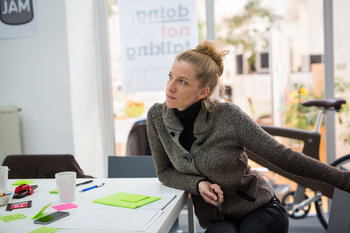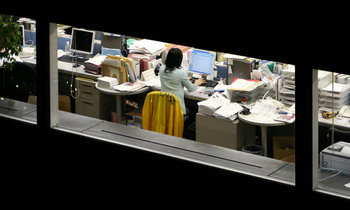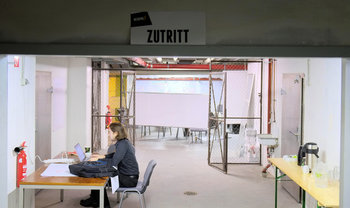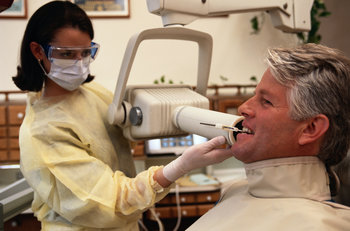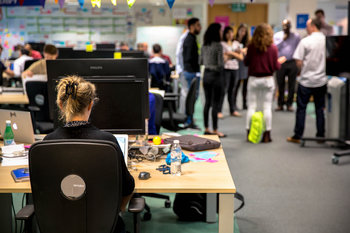
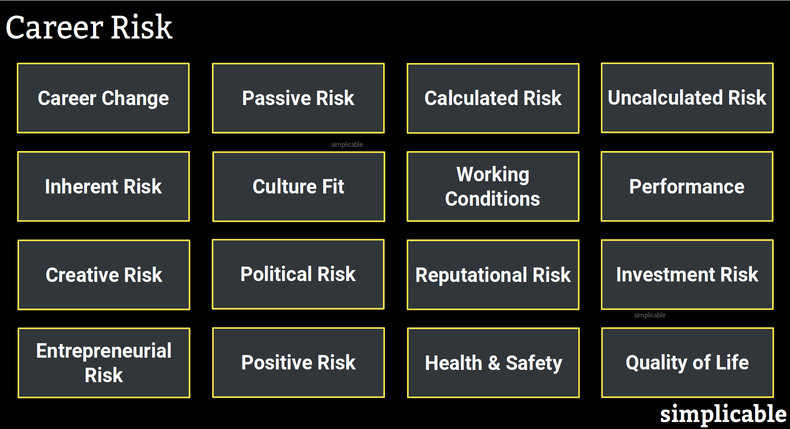
Career Change
Changing jobs, even within the same company, always involves some degree of uncertainty and risk. For example, there is a risk that you simply won't find a new position fulfilling leading to boreout.Passive Risk
The risk of inaction. Generally speaking, employees who regularly develop new skills, take on challenging work assignments, push for promotions, evaluate their goals and improve face less risk than employees who cling to a role and try to avoid change.Calculated Risk
A risk that is identified, analyzed and treated. For example, changing employers after thoroughly investigating your new role and employer.Uncalculated Risk
A risk that is taken without any analysis or mitigation such as suddenly quitting your job without much of a plan.Inherent Risk
The risk that an employer will misrepresent a job or their firm. For example, switching employers to find that your new employer is unreliable with salary payments.Culture Fit
The risk that you will find the organizational culture surrounding a new job to be unacceptable. For example, attempting to transition from a friendly and supportive culture to an antagonistic environment.Working Conditions
The risk that working conditions in a new job will be unacceptable to you.Performance
The risk that your performance will be viewed as low such that you will face consequences such as dismissal.Creative Risk
Taking creative risks in your work such as proposing an innovative approach to a process.Political Risk
Risks related to office politics such as a battle that you find overly stressful. In some cases, intensive office politics lead to dismissals.Reputational Risk
The risk of damage to your reputation. For example, a CEO with a good reputation who is fired for poor behavior or results.Investment Risk
Risk related to investments in your career such as education can be viewed as investment risks. This can include opportunity costs.Entrepreneurial Risk
Generally speaking, founding a new company has far more risk than working for an employer. This represents a shift from career risk to business risk. Startups and new small businesses can represent high risk investments of time and capital.Positive Risk
The risk of too much of a good thing. For example, the risk that your employer will view your performance as high and try to push you into a promotion that you don't want. Positive risks can often be dealt with as opportunities such as an employee who successfully negotiates a position crafted for them.Health & Safety
The risk that your career with damage your health.Quality of Life
Risks to your well-being and happiness such as taking on a position with poor work-life balance in exchange for higher remuneration only to find yourself dissatisfied with life.| Overview: Career Risk | ||
Type | ||
Definition | The probability of a negative outcome in your career due to action or inaction. | |
Related Concepts | ||









